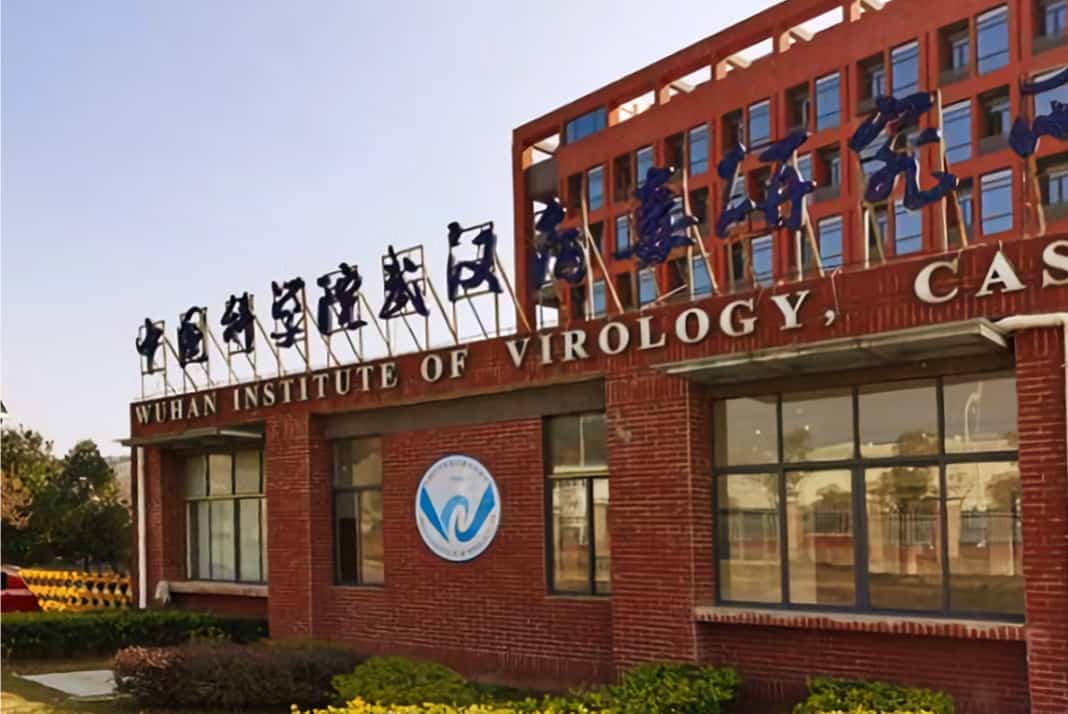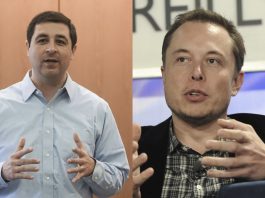Lawmakers plan to interrogate the head of Eco Health Alliance, the group accused of conducting dangerous coronavirus research in Wuhan, China just before the COVID-19 pandemic.
The Select Subcommittee on the Coronavirus Pandemic will hold a public hearing May 1 where Dr. Peter Daszak is expected to testify. Daszak is the president of Eco Health Alliance, a U.S. nonprofit health research company that used taxpayer-funded grants to conduct coronavirus research.
The lawmakers on the committee also allege that newly obtained documents show Daszak’s previous testimony misled the committee or misrepresented the facts.
“These revelations undermine your credibility as well as every factual assertion you made during your transcribed interview,” the letter said. “The Committees have a right and an obligation to protect the integrity of their investigations, including the accuracy of testimony during a transcribed interview. We invite you to correct the record.”
One of those obtained documents appears to show Daszak saying he plans to work with Wuhan researchers.
A federal grant database shows that Eco Health Alliance received millions of dollars since 2014 from the federal government to study coronaviruses that originate in animals and in some cases can transfer to humans, with an emphasis on China.
A key and highly disputed part of the inquiry is whether Eco Health Alliance’ research included making coronaviruses more dangerous,.
Under former President Donald Trump, the federal National Institutes of Health cut all funding to the group in question over the controversy.
Under the Biden administration, funding has been restored, and NIH has emphatically stated that Eco Health Alliance did not play a role in the start of the pandemic.
“Unfortunately, in the absence of a definitive answer, misinformation and disinformation are filling the void, which does more harm than good,” NIH said in a 2021 statement. “NIH wants to set the record straight on NIH-supported research to understand naturally occurring bat coronaviruses at the Wuhan Institute of Virology, funded through a subaward from NIH grantee EcoHealth Alliance. Analysis of published genomic data and other documents from the grantee demonstrate that the naturally occurring bat coronaviruses studied under the NIH grant are genetically far distant from SARS-CoV-2 and could not possibly have caused the COVID-19 pandemic. Any claims to the contrary are demonstrably false.”
In 2022 and 2023 NIH awarded Eco Health Alliance a total of at least $1,230,594 to research “the potential for future bat coronavirus emergence in Myanmar, Laos, and Vietnam.”
The idea that the COVID-19 virus began in a Wuahn lab was once denounced as a conspiracy theory but has now gotten more widespread credibility.
The FBI announced last year after its investigation that COVID-19 most likely came from a Wuhan lab. That news came just after the Department of Energy also said the Wuhan lab was most likely the origin of COVID-19, though neither agency expressed a high degree of confidence in that theory.
Other groups have suggested it came from the Wuhan wet market, though no definitive answer has been settled on.
Casey Harper
Go to Source
Reposted with permission





![WATCH: Elon Musk Town Hall Rally in Green Bay [FULL Video]](https://www.wisconsinrightnow.com/wp-content/uploads/2022/04/Elon_Musk_3018710552-265x198.jpg)



![The Great American Company [Up Against the Wall]](https://www.wisconsinrightnow.com/wp-content/uploads/2025/03/MixCollage-29-Mar-2025-09-08-PM-4504-265x198.jpg)
![The Wisconsin DOJ’s ‘Unlawful’ Lawman [WRN Voices] josh kaul](https://www.wisconsinrightnow.com/wp-content/uploads/2025/03/MixCollage-29-Mar-2025-08-48-PM-2468-265x198.jpg)

